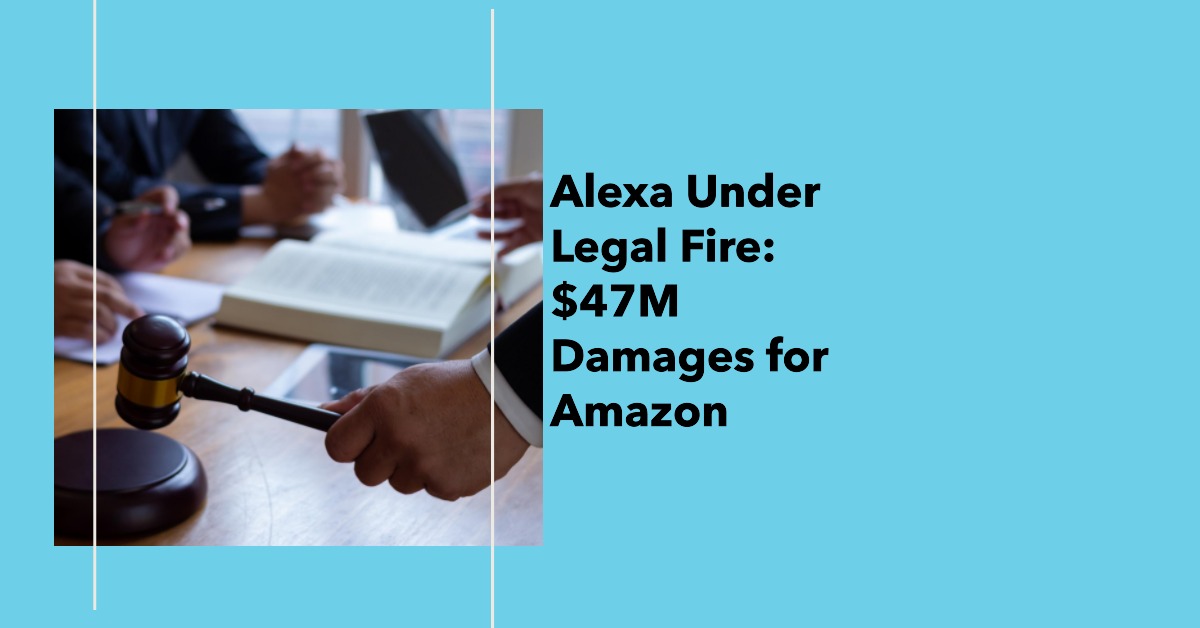Amazon Faces $47 Million Patent Infringement Verdict: Unraveling the Legal Saga Surrounding Alexa Software


The patents in question are integral to the functionality and features of Alexa, Amazon’s flagship voice-controlled virtual assistant. As a cornerstone of Amazon’s Echo devices and various other products, Alexa has become synonymous with smart home automation, providing users with voice-activated commands for tasks ranging from playing music to controlling smart home devices.
The legal battle surrounding Alexa’s patents has unfolded over an extended period, with the plaintiff asserting that Amazon willfully infringed upon its intellectual property. The verdict, awarding $47 million in damages, reflects not only the financial implications for Amazon but also the court’s determination regarding the legitimacy of the patent claims.
Amazon, a global e-commerce and technology giant, has historically faced various legal challenges related to its business practices and technologies. However, this particular verdict is notable for the substantial financial repercussions and the potential impact on the continued development and integration of Alexa into Amazon’s ecosystem.
While $47 million represents a considerable sum, the true significance of the verdict may extend beyond the financial penalty. Intellectual property disputes of this nature often prompt companies to reassess their innovation strategies, legal compliance measures, and licensing agreements to avoid future infringements and legal entanglements.
Amazon’s legal team is likely to explore avenues for appeal or mitigation, given the potential long-term consequences of the verdict on the company’s bottom line and the trajectory of its technological advancements. An appeal could open the door to negotiations, settlements, or modifications to the contested technologies to address the patent concerns raised in the lawsuit.
The broader tech industry is closely watching the outcome of this case, as it may set precedents for future intellectual property disputes in the realm of virtual assistants and voice-activated technologies. As voice interfaces and AI-driven technologies become increasingly prevalent, the legal landscape surrounding these innovations is evolving, and companies are compelled to navigate it carefully to protect their interests.
Oops! We could not locate your form.